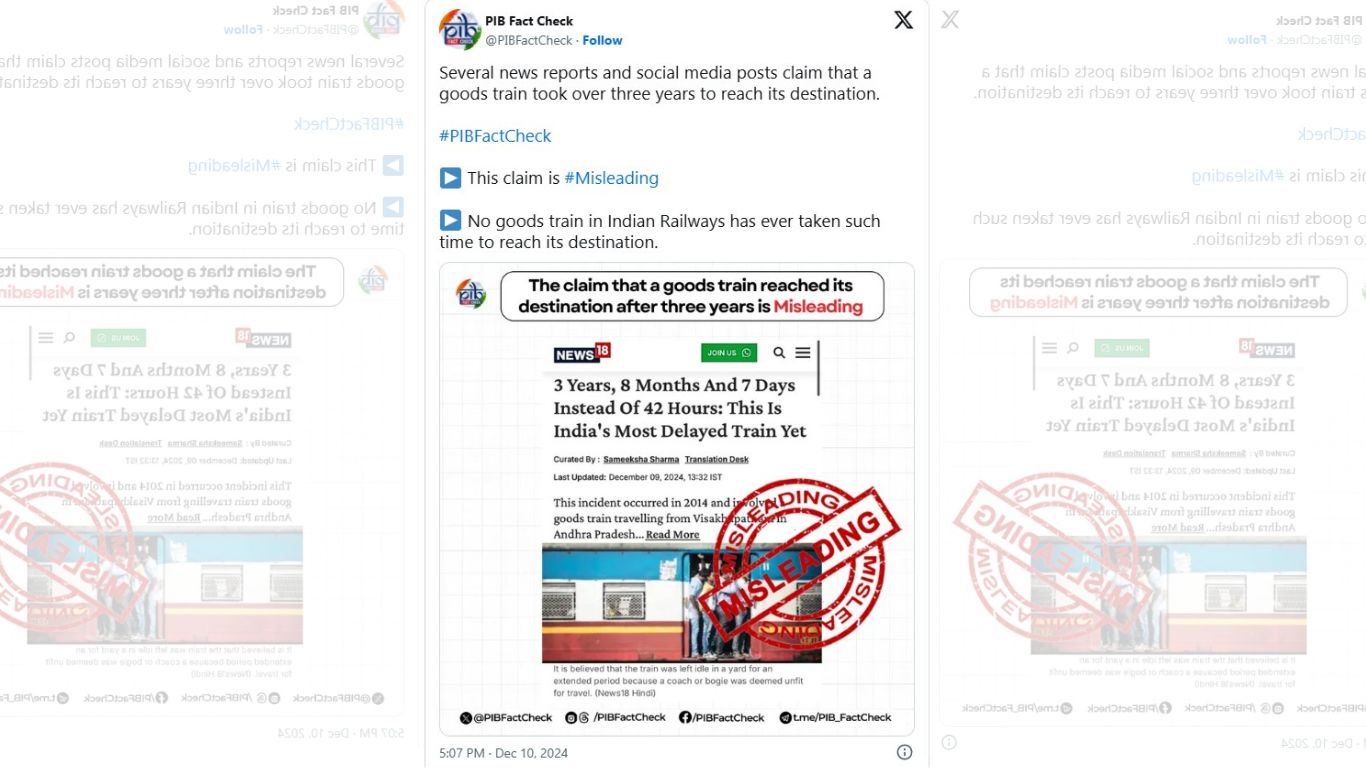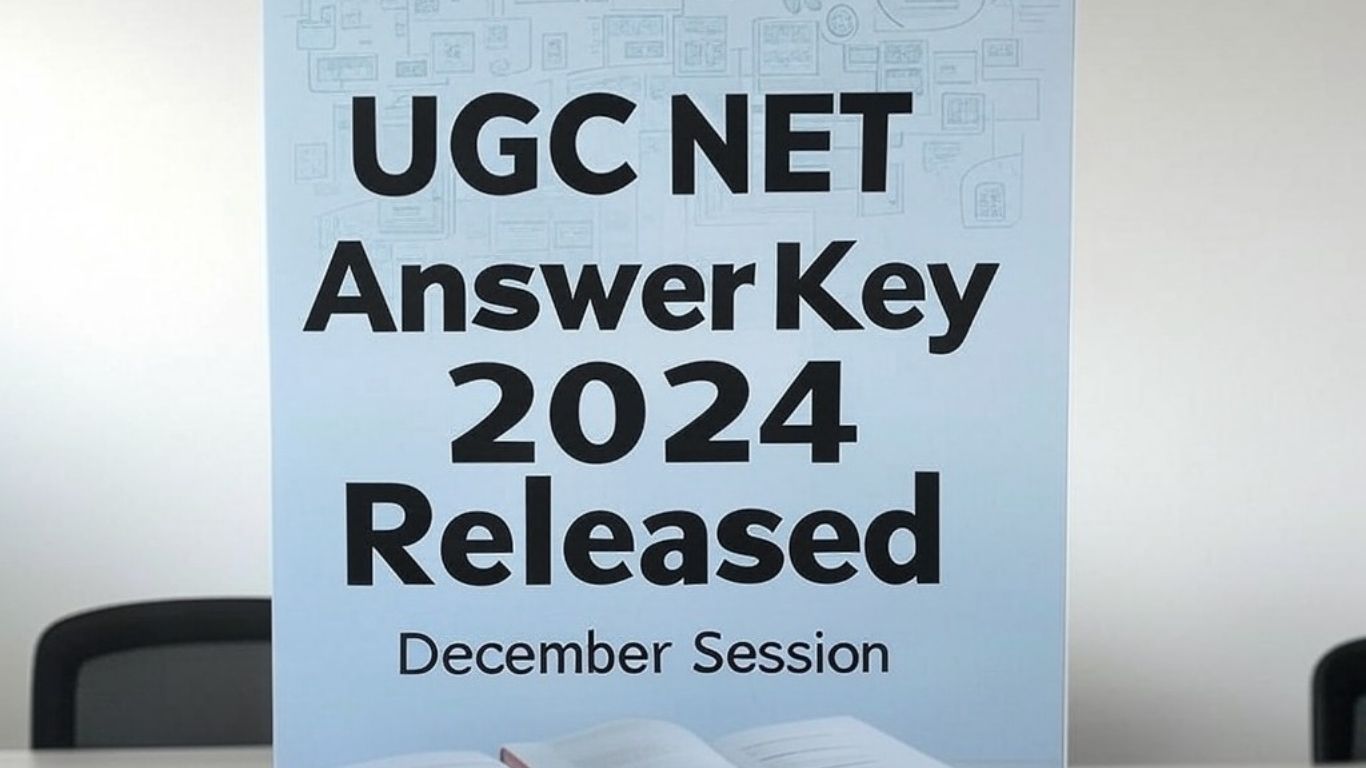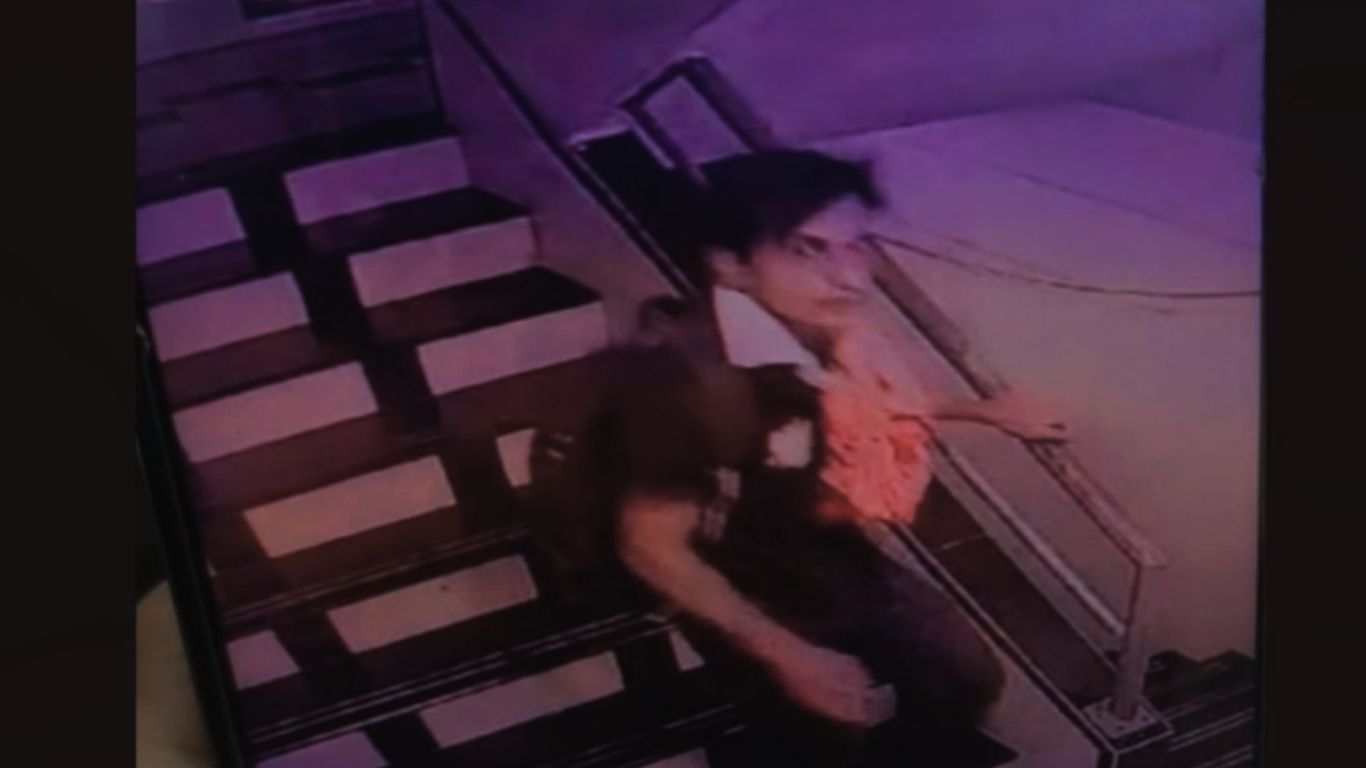Reports of a goods train in India taking three years instead of 42 hours to reach its destination made headlines, sparking widespread discussions and skepticism. While delays are not uncommon for Indian Railways, this claim was extreme. However, PIB Fact Check has clarified that the news was misleading, putting to rest exaggerated narratives circulating on social media and news portals.
The Viral Claim
The incident allegedly involved a goods train carrying fertilizers worth ₹14 lakhs, booked by businessman Ramchandra Gupta in 2014. The train, scheduled for a 42-hour journey from Visakhapatnam to Basti in Uttar Pradesh, reportedly went “missing” and only arrived on July 25, 2018—3 years, 8 months, and 7 days later. The fertilizers were said to be rendered unusable, resulting in a massive financial loss for the businessman.
The Truth Behind the Claim
While this story gained traction, PIB Fact Check dismissed the reports, stating:
“No goods train in Indian Railways has ever taken such time to reach its destination.”
This highlights how unverified claims can spread misinformation. Let’s break down the actual facts:
- Wagon Issues:
- Sanjay Yadav, Chief Public Relations Officer of North Eastern Railway, clarified that sometimes “sick wagons” (unfit for travel) are sent to repair yards.
- In such cases, trains may experience delays, but the claim of a 3-year delay is not credible.
- Misdirected Train:
- Some reports suggested that the train was misdirected and abandoned in a yard.
- While misdirection can cause delays, it would never escalate to years without intervention from railway authorities.
- Systemic Challenges:
- Although freight services are prone to logistical challenges, the Indian Railways system has mechanisms to address and resolve delays. A multi-year delay as reported would have triggered immediate investigations.

Why the Misinformation Spread
The exaggerated claim gained traction due to its sensational nature. Viral stories often exploit:
- Public frustration with train delays, especially during winter.
- A lack of fact-checking before sharing information.
This highlights the importance of relying on verified sources like PIB Fact Check to distinguish truth from fiction.
The Reality of Train Delays in India
Delays in freight and passenger trains are not uncommon in India due to:
- Technical Issues: Breakdowns in engines or wagons.
- Weather Conditions: Fog, particularly in northern India, causes significant delays.
- Operational Challenges: Inefficient routing or repair work can disrupt schedules.
While delays of a few hours or days are realistic, claims of trains being delayed for years are misleading and unfounded.
How Indian Railways Handles Delays
To address systemic delays, Indian Railways has adopted modern measures:
- Real-time Tracking: Implementation of GPS-based tracking systems for freight trains.
- Better Communication: Regular updates to businesses and passengers on delays.
- Improved Infrastructure: Focus on yard maintenance and repair facilities to prevent “sick wagons” from being abandoned.
These efforts are aimed at improving operational efficiency and avoiding misinformation like the viral goods train story.
Key Takeaways
- No goods train has ever taken 3 years to reach its destination—the claim is false.
- Technical and logistical challenges can cause delays, but they are typically resolved within days.
- Misinformation spreads quickly, emphasizing the need for fact-checking reliable sources.
- Indian Railways continues to improve its systems to address delays and enhance efficiency.
The viral claim of a goods train taking 3 years instead of 42 hours to reach its destination has been debunked by PIB Fact Check as misleading. While delays in Indian Railways are a reality, they are far from the extreme scenario presented in these reports. It’s crucial to rely on verified information and avoid sensationalized stories that distort facts.
By enhancing communication, leveraging technology, and improving infrastructure, Indian Railways continues to address operational challenges effectively.















